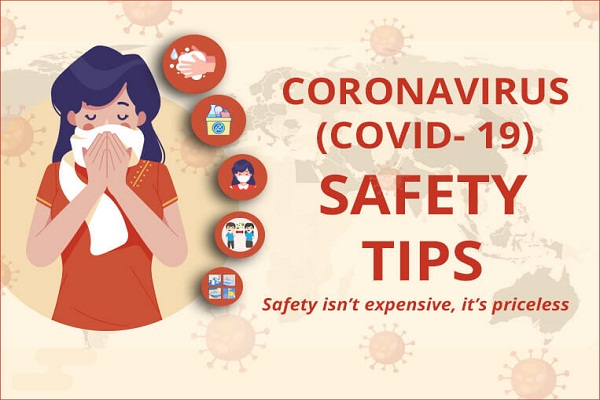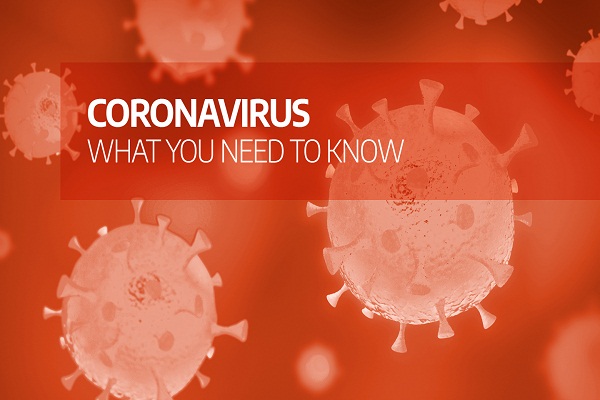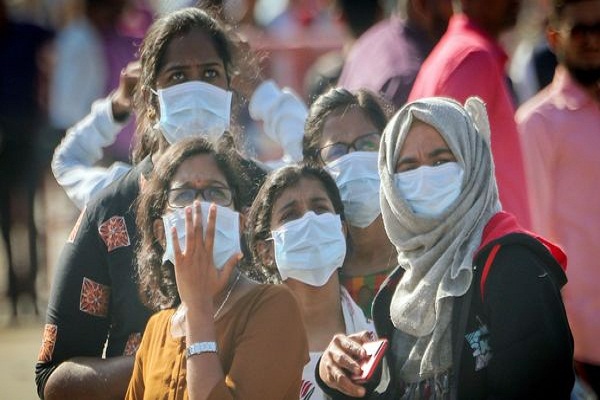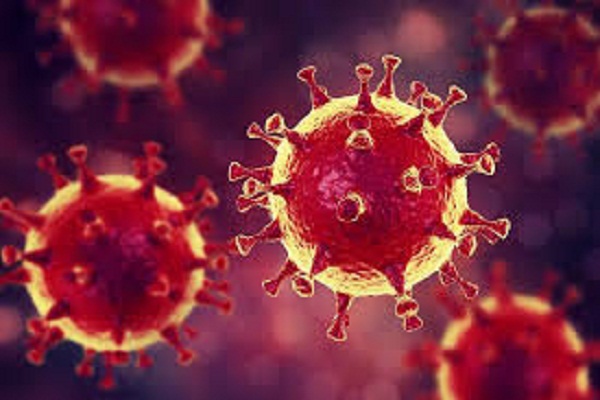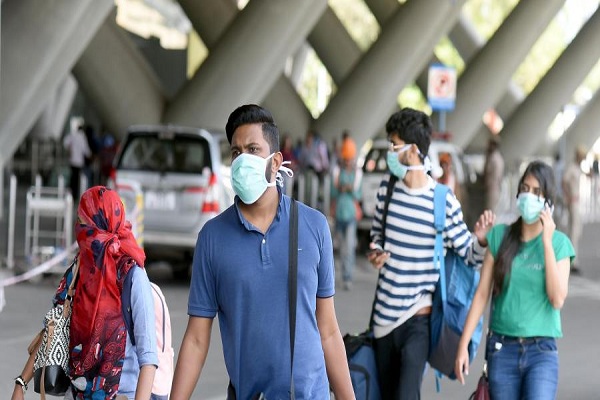
Toddlers are notoriously known for being fussy eaters, and often refuse to eat food that their parents make for them. They often find a way to nibble on certain foods items that could be raw, unclean, and undercooked. Sometimes the Gastrointestinal Tract of a young child is not fully developed to resist certain bacteria present in food. It is easy for them to develop the stomach bug known as Viral Gastroenteritis, or fall prey to food poisoning. This can be due to eating or drinking contaminated food or water, and could go on for a few days.
Spotting symptoms that your child has stomach bug:

Parents should be aware that your child may catch bug from time to time. It is important for parents of toddlers and young kids to pay close attention, to see if they are at any signs of discomfort or pain. Here are a few tips to spot the bug and deal it effectively. The first sign of Gastroenteritis is accompanied by vomiting and diarrhea. Other symptoms are:
· Stomach aches and cramps
· Muscle stiffness and aches

· If your child is not passing urine at regular intervals
· Lack of saliva presence leading to dry mouth
· Fever of 102 F and above
· Low energy levels and fatigue
· Drop in mood and crankiness
· Stool- presence of blood or pus and dark stool; this is a red flag and a doctors consultation is a must!
Also read: Heart disease among children: Myths Vs Facts
Preventive measure:
§ Maintain good hygiene
§ Make sure you are feeding your toddler cooked food
§ Keep the floors clean
§ Toys that are going in the mouth of toddler and then back to floor must be cleaned each day
§ Avoid playing in the sand
Treatment options:
Fluids: As the body loses a lot of fluids due to vomiting and diarrhea, the first line of treatment at home is to ensure sufficient amount of fluids are provided to child. Dehydration is a big cause of concern ad could lead to further problems. It is also important to make sure electrolytes are administered to help regain fluid levels.
Food: Avoid giving your child dairy products like milk and curds etc. as these can be problematic and worsen their condition. Once your child starts feeling better, starts feeding him/her food in small quantity. However, keep it bland. Small portions of rice, bread toast and fruit like banana will help. Light chicken or vegetable soup also helps bind the stomach. Avoid any types of spicy, fried or fatty foods that are rich in acids.
Medication: Avoid over-the-counter medicines. Consult your family doctor or a Gastroenterologist on time. Antibiotics don’t help fight viruses. Seeking medical aid will help getting proper treatment for the infection. Also, consult your doctor on best medication for your child to help treat fever as certain medications can be harmful to the young one.
(Writer is Dr Sonali Gautam, Consultant Gastroenterologist, Hiranandani Hospital. Views expressed are a personal opinion.)
Be a part of Elets Collaborative Initiatives. Join Us for Upcoming Events and explore business opportunities. Like us on Facebook , connect with us on LinkedIn and follow us on Twitter , Instagram.


